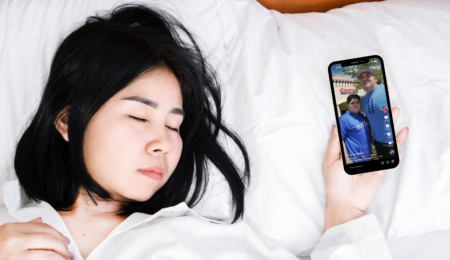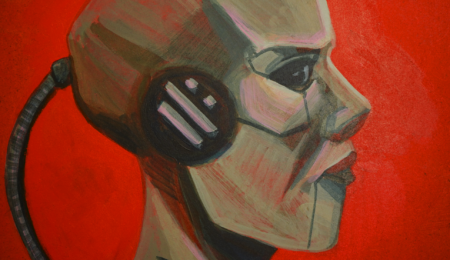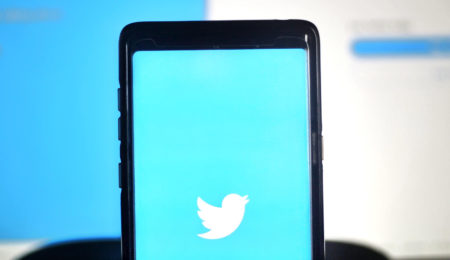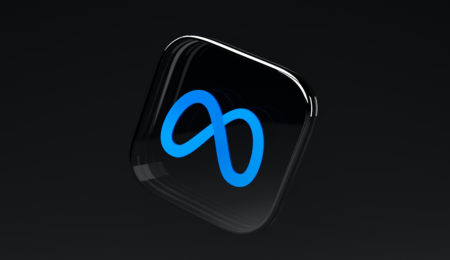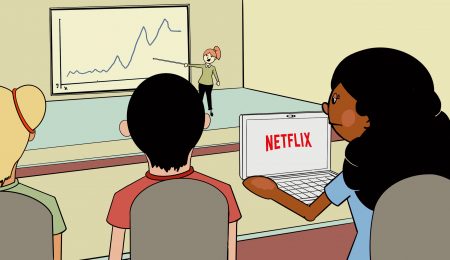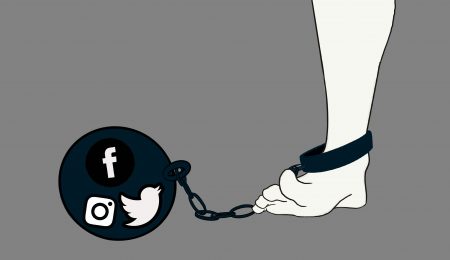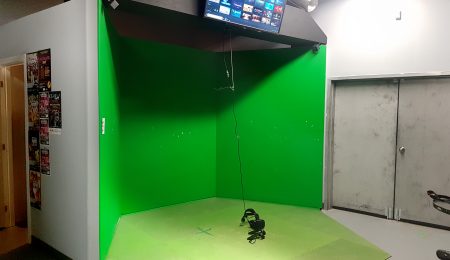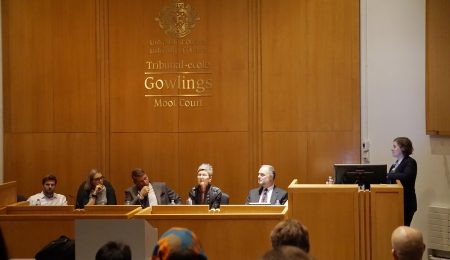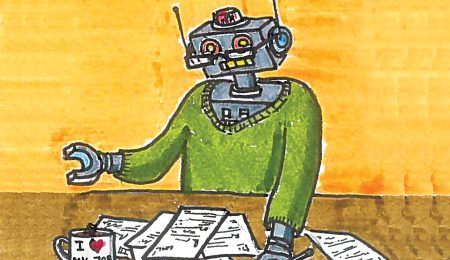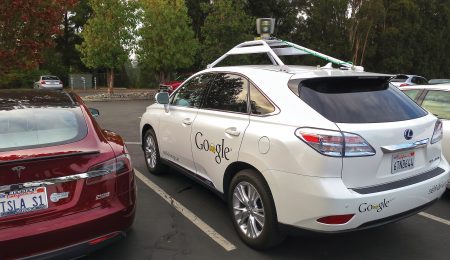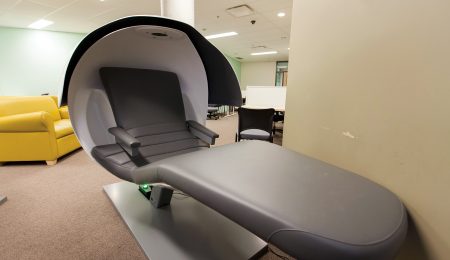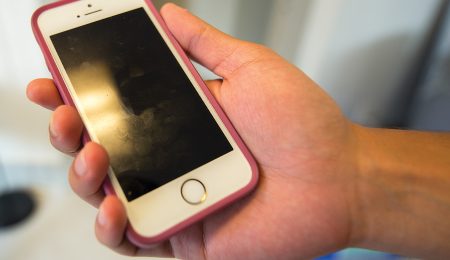What’s making it so hard for students to get a good night’s sleep? Could it be packed schedules, or is technology playing a bigger role than we realize?
Technology
As students inspired debate with one another, their philosophical exchanges revealed how AI art continues to be a mystery
Musk’s Twitter takeover reminds us just how important it is for technology companies to take social responsibility.
As large corporations continue to invest in this virtual reality, consumers will be faced with choices- whether to live in it or to not.
BeReal encourages people to live in the moment, but if you really lived in the moment and put the phone away, you’d miss the notification.
“If people want to be happy, they’ll need to have good relationships in the real world as well,” said U of O professor Wonsook Lee
Starr mainly studies plant systematics, which is the science that names, discovers and determines evolutionary relationships of organisms
In March 1999, the Fulcrum foreshadowed future issues with online learning.
The Australian wildfires, the Iran plane crash, climate change, Kobe’s death — it seems impossible to escape bad news. Media saturation can impact our socialization, mood, mental health and ability to interact, for better and for worse.
Thirty years after the Polytechnique massacre in Montreal, women in the world of STEM continue to face gender inequality and discrimination. Students in STEM at the U of O reflect on the tragedy and highlight issues persisting within their fields.
“In the early nineties, we worried about kids passing notes, that was a distraction in class. We were taught how you intercept notes and the protocol on note-passing. We’ve just way surpassed that,” one local high school teacher says.
“It’s a scary world … I’m just thankful to not have been a teenager in the world of the iPhone.” — Lynne McInally, clinical social worker, therapist and instructor at Humber College.
“A hackathon is a place where people can work on something that excites them and something they want to do,” —MinhThao Dang, coordinator for uOttaHack.
University of Ottawa experts discussed the way technology facilitates gendered violence, the barriers to protecting women, and how to tackle these emerging issues better.
VR headsets won’t be replacing your television anytime soon, but options are starting to open up for those who want to get ahead of the curve. Among them is local Ottawa startup Colony VR.
The panel, called “The Millennial Influence,” featured speakers in different practices on how increasing technology is both a benefit and a detriment to lawyers, the legal process, and access to justice.
In an increasingly connected and wireless world, these cases will set a precedent for the legality of state surveillance for decades to come. As damaging as it is to have strict police surveillance, governments are not the only groups collecting information on citizens.
If people are using a dating app, they may very well be using more than one, or even way more than one, or alternating between them. Why limit their choices?
Closed, cautious, protectionist societies can only stand still for so long until the currents of time will sweep them off their feet.
Are dumb phones the way of the future? Probably not. Will they ultimately replace your far-more-capable smartphone? Also not likely. But that doesn’t mean they can’t play a useful role in your life, at least for a while.
Driverless cars are going to be the future, whether we like it or not. So we should make sure that that future benefits Canadians—and that means embracing AI behind the wheel.
Given the potential benefits of the technology, Canada needs to think big and embrace the potential of drones, similar to what our neighbours to the south are doing.
While these spherical lounge chairs might seem like something from the future—or Google—it’s about time post-secondary education woke up to the benefits of helping students nap on campus.
The possibility of a bionic eye might, in fact, be more of a reality than one would expect, thanks to Ross Cheriton, a PhD student at the University of Ottawa’s Chair for Research in Photonics.

